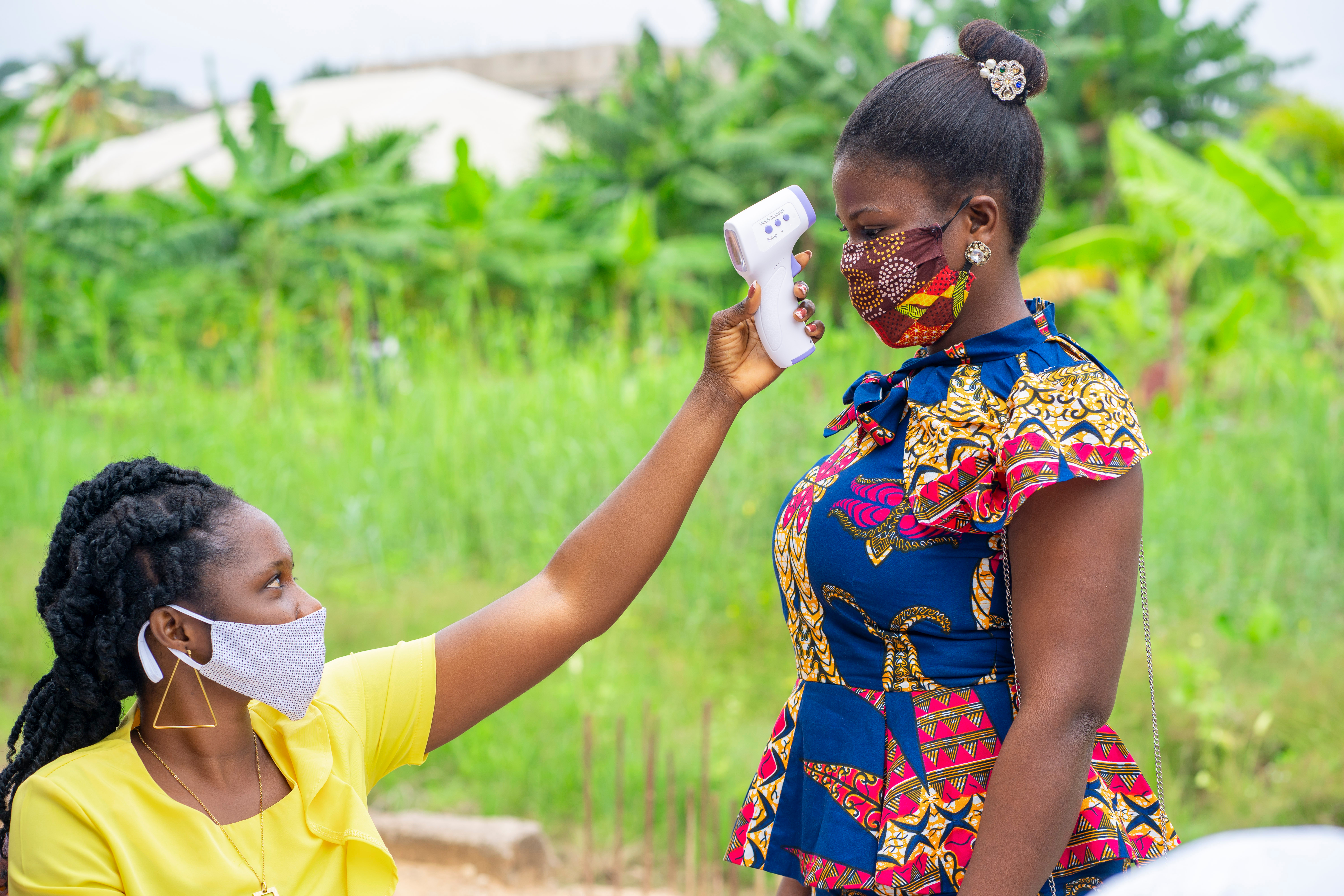In the "Demo-medVer" project six Fraunhofer institutes are developing an integrated system for mobile, distributed medical care. What makes it special is that all of the complete system’s components are modularized, are closely interconnected, and complement each other. A functional prototype is intended to be built by the end of 2021.
Modular system design: Standardized configuration as required with self-sufficient infrastructure
Fraunhofer researchers are opting for a modular design for its technical implementation. It can be standardized, thus making the system flexible to use and quick to set up and dismantle. The individual components of the modular system can be individually modified for different specifications: Technologies, such as disinfectant production or water purification, and facility components, such as an intensive care hospital room, can be custom combined based on on the country of operation (developed, newly industrialized or developing country), reason for use (pandemic, environmental disaster, meteorological disaster) or emergency response organization, such as the THW, fire department, emergency medical services, Doctors Without Borders, universal healthcare, and the infrastructure on hand (power, water, gas, heat).
 Fraunhofer Institute for Interfacial Engineering and Biotechnology IGB
Fraunhofer Institute for Interfacial Engineering and Biotechnology IGB